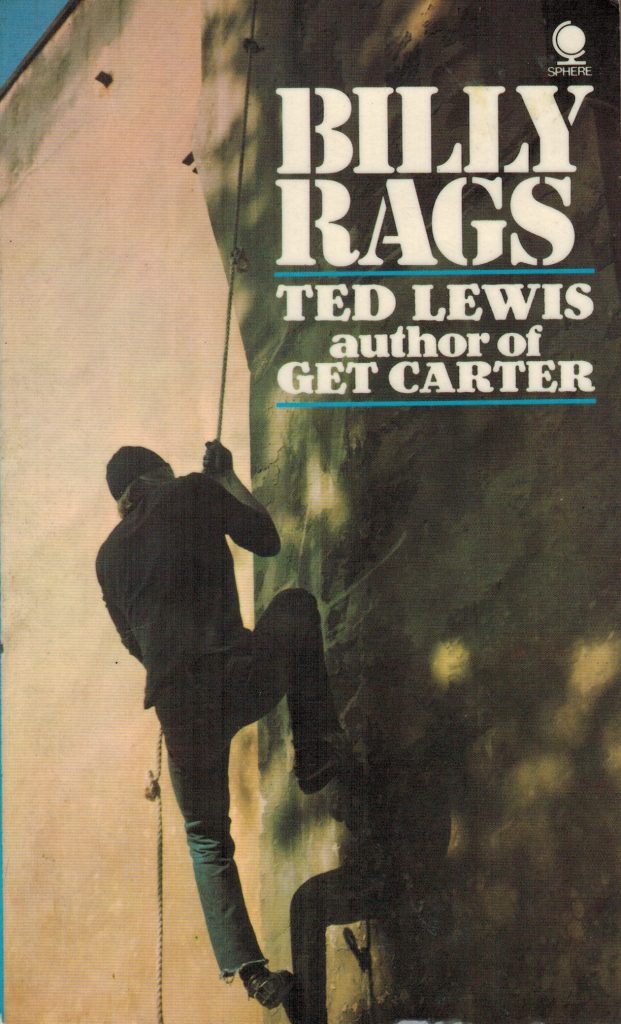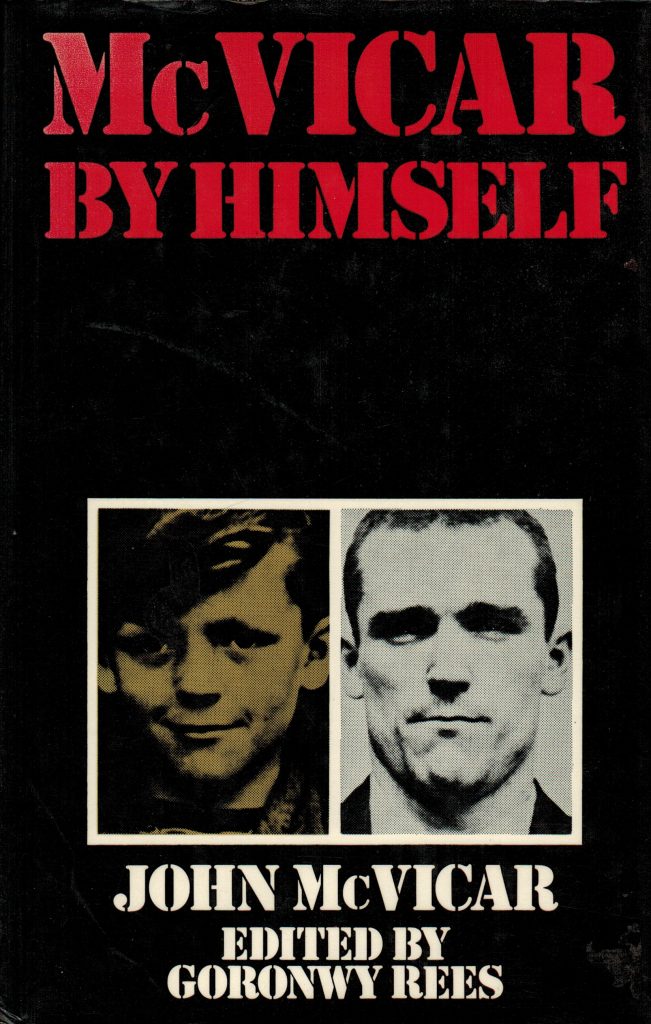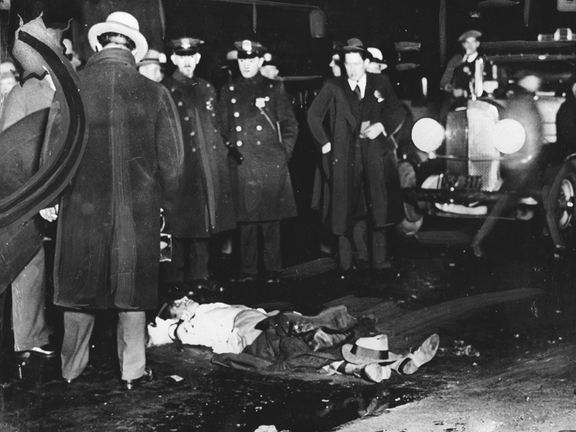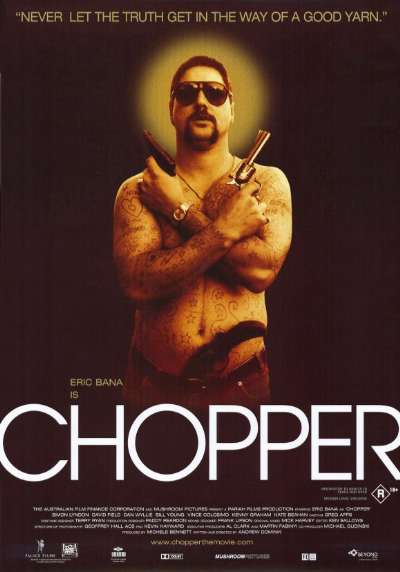Search
-
Recent Posts
- Dishing up Pulp Curry in a new way: why I am starting a Substack newsletter
- Book reviews: Deadly dames, midcentury Brit pulp and 1970s science fiction
- Mackenna’s Gold (1969): Gold, Ghosts and Frontier Violence
- Orphan Road book launch
- Orphan Road now available
- Pre-orders open for my new novel, Orphan Road
- Cover reveal: Orphan Road, my follow up to Gunshine State
- Breakfast in the Ruins podcast: New English Library Bikermania
- Why 1973 was the year Sidney Lumet took on police corruption
- Men’s Adventure Quarterly: Gang Girls issue
Categories
- 1960s American crime films
- 1970s American crime films
- 1980s American crime films
- 1990s American crime films
- Adrian McKinty
- Albert Dekker
- Andre De Toth
- Angela Savage
- Angie Dickinson
- Anthony Zerbe
- Asian noir
- Australian crime fiction
- Australian crime film
- Australian noir
- Australian popular culture
- Australian pulp fiction
- Australian television history
- Ava Gardner
- Beat culture
- Belmont Tower Books
- Ben Wheatley
- Billie Whitelaw
- Black pulp fiction
- Blaxsploitation
- Book cover design
- Book Reviews
- British crime cinema
- British pulp fiction
- Bryan Brown
- Burt Lancaster
- Carter Brown
- Charles Durning
- Charles Willeford
- Chester Himes
- Christopher G Moore
- Christopher Lee
- Cinema culture
- Claude Atkins
- Coronet Books
- Crawford Productions
- Crime Factory
- Crime Factory Publications
- Crime fiction
- Crime fiction and film from Africa
- Crime fiction and film from Cambodia
- Crime fiction and film from China
- Crime fiction and film from India
- Crime fiction and film from Indonesia
- Crime fiction and film from Japan
- Crime fiction and film from Laos
- Crime fiction and film from Latin and Central America
- Crime fiction and film from Malaysia
- Crime fiction and film from New Zealand
- Crime fiction and film from Scandinavia
- Crime fiction and film from Singapore
- Crime fiction and film from South Korea
- Crime fiction and film from Thailand
- Crime fiction and film from the Philippines
- Crime Fiction and film set in Vietnam
- Crime film
- Dangerous Visions and New Worlds Radical Science Fiction 1950 to 1985
- David Goodis
- David Peace
- David Whish-Wilson
- Derek Raymond
- Diana Dors
- Dirk Bogarde
- Don Siegel
- Don Winslow
- Donald Westlake aka Richard Stark
- Dystopian cinema
- Ernest Borgnine
- Eurocrime
- Fawcett Gold Medal Books
- Femme fatale
- Fernando Di Leo
- Filipino genre films
- Film Noir
- Forgotten Melbourne
- French cinema
- French crime fiction
- Garry Disher
- Gene Hackman
- George V Higgins
- Georges Simenon
- Ghost Money
- Giallo cinema
- Gil Brewer
- Girl Gangs, Biker Boys and Real Cool Cats: Pulp Fiction & Youth Culture, 1950-1980
- Gloria Grahame
- Gold Star Publications
- Gregory Peck
- Gunshine State
- Heist films
- Horror
- Horwitz Publications
- Humphrey Bogart
- Ian Fleming
- Interviews
- Ira Levin
- James Caan
- James Crumley
- James Ellroy
- James Hadley Chase
- James Woods
- Jim Brown
- Jim Thompson
- Joel Edgerton
- John Frankenheimer
- Joseph Losey
- Karen Black
- Kerry Greenwood
- Kinji Fukasaku
- Larry Kent
- Laura Elizabeth Woolett
- Lee Marvin
- Leigh Redhead
- Lindy Cameron
- M Emmet Walsh
- Mad Max
- Mafia
- Malla Nunn
- Martin Limon
- Megan Abbott
- Melbourne International Film Festival
- Melbourne Writers Festival
- Men's Adventure Magazines
- Michael Caine
- Michael Fassbender
- Mickey Spillane
- Monarch Books
- Ned Kelly Awards
- Neo Noir
- New English Library
- Newton Thornburg
- Noir Con
- Noir fiction
- Non-crime reviews
- Oren Moverman
- Orphan Road
- Ozsploitation
- Pan Books
- Parker
- Paul Newman
- Peter Boyle
- Peter Corris
- Peter Strickland
- Peter Yates
- Poliziotteschi
- Pulp fiction
- Pulp fiction in the 70s and 80s
- Pulp fiction set in Asia
- Pulp Friday
- Pulp paperback cover art
- Qui Xiaolong
- Raymond Chandler
- Richard Burton
- Richard Conte
- Robert Aldrich
- Robert Mitchum
- Robert Ryan
- Robert Stone
- Rock Hudson
- Roger Smith
- Rollerball
- Rosaleen Norton
- Roy Scheider
- Rural noir
- Sam Levene
- Sam Peckinpah
- Samuel Fuller
- Science fiction and fantasy
- Scripts Publications
- Sidney Lumet
- Sidney Poitier
- Simon Harvester
- Snowtown
- Snubnose Press
- Spies
- Stanley Baker
- Sterling Hayden
- Steve McQueen
- Sticking it the the Man Revolution and Counter Culture in Pulp and Popular Fiction 1950 1980
- Stuart Rosenberg
- Tandem Books
- Tart noir
- Tartan Noir
- Ted Lewis
- Toni Johnson Woods
- True crime
- Vicki Hendricks
- Victor Mature
- Vintage mug shots
- Vintage pulp paperback covers
- Wallace Stroby
- War film
- Westerns
- William Friedkin
- Woody Strode
- Yakuza films
- Yaphet Kotto
Nothing but noir
Recommended reading
The lurid world of pulp
- 20th century Danny Boy
- American Pulps
- Bear Alley
- Bloody, Spicy, Books
- Comics Down Under
- Everything second hand
- Existential Ennui
- Greenleaf Classic Books
- Irv O. Neil's Erotica is My Trade
- Killer Covers
- Lost Classics of Teen Lit 1939-1989
- Luminist Archives
- Men's Pulp Mags
- Mporcius Fiction Log
- Murder, Mayhem and Long Dogs
- Neglected Books
- Nocturnal Revelries
- Paperback Warrior
- Paperbacks of the Gods
- Pop Sensation
- Pulp artists
- Pulp Covers
- Pulp Crazy
- Pulp Flakes
- Pulp International
- Pulp Magazines Project
- Pulp Serenade
- Realms of the Night
- Romance Fiction Has a History
- Rough Edges
- Sin Street Sleaze
- Spy Guys and Gals
- The department of Afro American Research Arts & Culture
- The Dusty Bookcase
- The Haunted World of Richard Sala
- The Moon Lens
- The Nick Carter & Carter Brown Blog
- The Pulp & Paperback Fiction Reader
- Too Much Horror Fiction
- True Pulp Fiction
- Vault of Horror
- Vintage Nurse Romance Novels
- Vintage Romance Novels
- Welcome to the Pan Paperback
- Yellow and Creased
Support This Site
If you like what I do please support me on Ko-fi
Tag Archives: Mark Chopper Read
The mystery of Billy Rags
Crime fiction is just far too large a literary field to aspire to anything near being a completist in terms of reviewing. That said, the British noir author Ted Lewis has been something of a favourite on this site. I reviewed Jack’s Return Home aka Get Carter (1970) and its two sequels, as well as the novels Plender (1971) and GBH (1980). But there is one more Lewis work I want to tackle, Billy Rags, originally published in in 1973 and which, coincidentally has just been re-released by No Exit Press in the UK.
Billy Rags is very closely based on the life of the real British criminal John McVicar. Just how closely I’ll get to directly. McVicar was an armed robber, declared ‘public enemy no 1’ by Scotland Yard in the 1960s, until he was apprehended and given a 23-year sentence. He was also a serial escapee and after his final arrest in 1970 received a 26-year sentence but was paroled eight years later. McVicar was also something of a uniquely 1960s/70s phenomena, the self-aware/educated working class career criminal turned author and commentator on prison reform, a major social debate in those two decades. He studied for a university postgraduate, wrote an autobiography, McVicar by Himself, published in 1974, and authored a couple of other true crime books.… Read more
Posted in Book Reviews, British crime cinema, British pulp fiction, Crime fiction, Crime film, Neo Noir, Noir fiction, Ted Lewis, True crime
Tagged Billy Rags, Charlie Richardson, GBH, Get Carter (1971), Getting Carter: Ted Lewis and the Birth of Brit Noir, Goronwy rees, Jack's Return Home, John McVicar, Mark Chopper Read, McVicar (1980), McVicar by Himself, Nick Triplow, Plender, Roger Daltry, Sweeney 2 (1978), Ted Lewis, Tom Clegg
Book review: Murder on Easy Street
 Back in 2014, I wrote a piece for the Wheeler Centre site about what I described as the ‘new wave’ of true crime works. These books differed from the earlier style of true crime work, which, with a few exceptions, were liable to be by the numbers, often quickly written books about sensational crimes – serial killers being a favourite – put together from various second hand sources, with a bit of local colour thrown into the mix.
Back in 2014, I wrote a piece for the Wheeler Centre site about what I described as the ‘new wave’ of true crime works. These books differed from the earlier style of true crime work, which, with a few exceptions, were liable to be by the numbers, often quickly written books about sensational crimes – serial killers being a favourite – put together from various second hand sources, with a bit of local colour thrown into the mix.
The new wave of true crime books I was referring to, were more literary, focused on the political processes around the crime in question and, indeed, had a much broader definition of what ‘crime’ was. More often than not, they also seemed to be written by individuals that were either directly involved in the crime in question or somehow managed to shoe horn their own life experience into what they are writing about, so they become as much about the author as whatever crime they are writing about. When these kind of true crime books work, they can work big time. But they don’t always work.
If I had to classify it, I would say Helen Thomas’s Murder on Easy has more of the former type of book in it than the latter.… Read more
Hit-and-run books & ‘literary’ works: true crime, from Garner to Chopper Read
In her latest book, This House of Grief, Helen Garner examines the case of Robert Farquharson, who on Father’s Day 2005 drove his car into a dam off the Princes Highway near Geelong, drowning his three young sons. It is among a number of recent works that demonstrate how true crime writing has changed over the last few years.
Others are Anne Krien’s Night Games: Sex Power and Sport, which won the 2014 Sisters in Crime Davitt award for best true crime book, and Robin De Crespigny’s The People Smuggler, ostensibly a non fiction story about the experience of an Iraqi asylum seeker, which took the 2013 Ned Kelly crime writing award for best non-fiction. Matthew Condon’s Jacks and Jokers is another example. The second instalment of a trilogy about police corruption in Queensland from the sixties to the Fitzgerald Inquiry in 1987, it has the feel of an ambitious alternative social history rather than a piece of true crime writing.
“In terms of definition,” says veteran true crime writer Lindsay Simpson, “true crime is a literary rendition of a particular crime which pays homage to veracity by researching the crime across multiple sources including interviews and primary source documents while at the same time engaging the reader through its narrative.”… Read more
Posted in Australian crime fiction, Australian popular culture, David Whish-Wilson, True crime
Tagged Adam Shand, Anne Krien, Brothers in Arms, Chloe Hooper, Daniel Morcombe, David Whish-Wilson, Helen Garner, In Cold Blood, Jacks and Jokers, John Safran, Lindsay Simpson, Line of Sight, Mark Chopper Read, Matthew Condon, Murder in Mississippi, Night Games: Sex Power and Sport, Robin De Crespigny, The Frankston Murders, The People Smuggler, The Tall Man, This House of Grief, Three Crooked Kings, Truman Capote, Vikki Petraitis, Where Is Daniel?
Chopper Read and our fascination with true crime
Two weeks ago Overland Editor Jeff Sparrow posted a short piece on this site on the passing of Melbourne criminal identity, Mark ‘Chopper’ Read. It centred on the obvious, although important point the crimes of rich get treated very differently to those of the poor.
I’ve been thinking a lot about the media’s treatment of Read’s death. Partly because as a crime writer I feel implicated by association in the media’s often-salacious interest in true crime, and it raises questions about aspects of what we, as writers of true or fictional crime, do and how we do it.
It’s also interesting to ponder why Read became such a public figure and, by extension, why contemporary Australia is so fascinated with the criminal.
You can read the rest of this piece here on the Overland website.… Read more























